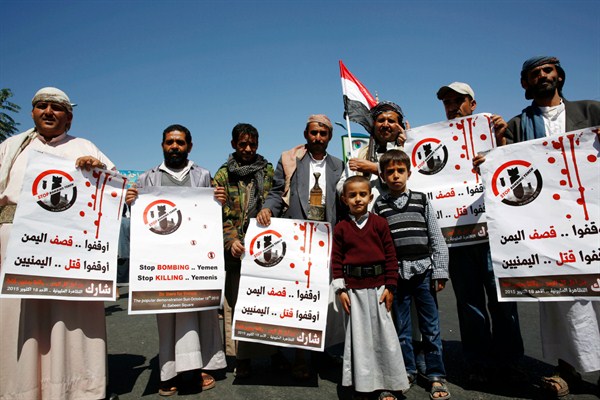Keeping weapons out of the wrong hands is good policy. In the wake of the tragic terrorist attacks in Paris, heightened attention has been paid to the illegal black-market networks that often arm terror groups and stoke conflict around the world. But the international community is not helpless to prevent this uncontrolled arms trade. A year ago on Christmas Eve, the Arms Trade Treaty (ATT) entered into force, with 130 countries signing on and, at the time, 61 of them ratifying it. One year later, 76 states are party to the treaty.
The ATT is the only global, legally binding treaty to curb the irresponsible and largely unregulated international arms trade. It was established with the intent to increase transparency in the global arms trade, promote more responsible arms transfers, and keep weapons out of the hands of terrorists and human rights abusers. Yet only one year later, the treaty is at risk of not living up to its potential.
The ATT created rules for the estimated $85 billion annual trade in arms, requiring countries to better attend to the risk that weapons may fall into the wrong hands and be used to commit abhorrent crimes. The treaty prohibits some arms transfers, namely those that would violate U.N. Security Council embargoes or be used “in the commission of genocide, crimes against humanity, grave breaches of the Geneva Conventions of 1949, attacks directed against civilian objects or civilians protected as such, or other war crimes.” The ATT also created specific government obligations to consider when making arms transfer decisions, such as whether the weapons would contribute to violations of international humanitarian law and human rights law, or be used to commit gender-based violence.

